Family Medicine Residency Highlights
Features of our program
- Osteopathic Recognition
- Lifestyle Medicine
- Point of Care Ultrasound
- Supportive faculty and staff
- Family-friendly environment
- Well-equipped Family Medicine Center complete with radiology, lab and pharmacy (View our Virtual Tour)
- Behavioral Health Integration/ Collaborative Care
- University-based program
- Excellent library resources (free access to DynaMed and Up-to-Date)
- Sports Medicine Fellowship
- Team-Based Care (social work, Pharm-D, RNs)
Osteopathic Recognition
The University of Toledo Family Medicine Residency offers the option of ACGME Osteopathic Recognition to qualified residents. Residents entering the program with a Doctor of Osteopathy degree are considered for Osteopathic Recognition. Experienced osteopathic faculty provide both outpatient and inpatient training in osteopathic principles and manipulative techniques. Further reinforcement of the osteopathic approach is provided through regular journal clubs, weekly didactics, hands-on workshops, and osteopathic focused scholarly activities. All faculty within our department of Family Medicine embrace the holistic principles of osteopathic medicine, making The University of Toledo Family Medicine Residency and The University of Toledo Medical Center an excellent destination to continue your training in osteopathic medicine.
Lifestyle Medicine
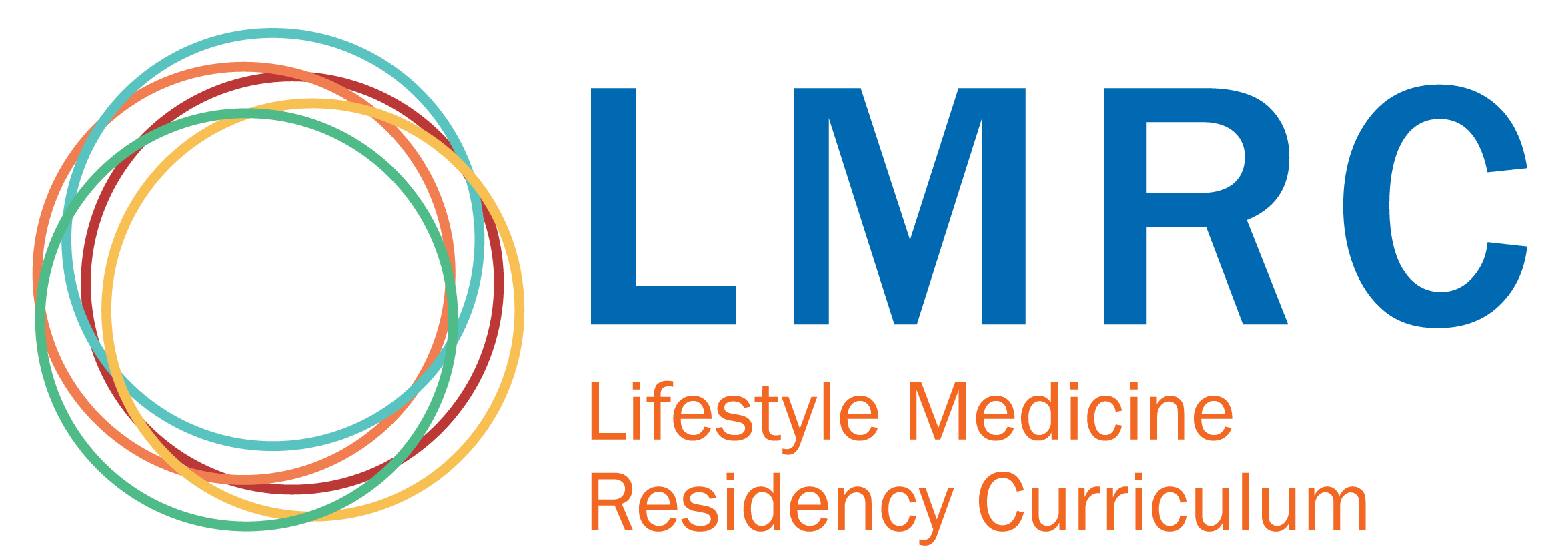
Our Lifestyle Medicine curriculum is a three-year program which teaches lifestyle interventions as a primary modality to treat chronic conditions including, but not limited to, cardiovascular diseases, type 2 diabetes, and obesity. Residents are trained to make evidence-based, wholeperson, prescriptive lifestyle changes to treat and, when used intensively, often reverse such conditions. Applying the six pillars of lifestyle medicine — a whole-food, plant-predominant eating pattern, physical activity, restorative sleep, stress management, avoidance of risky substances and positive social connections — also provides effective prevention for these conditions. Upon completion of both the educational and practicum components of the curriculum, residents quality to sit for the American Board of Lifestyle Medicine certification exam.
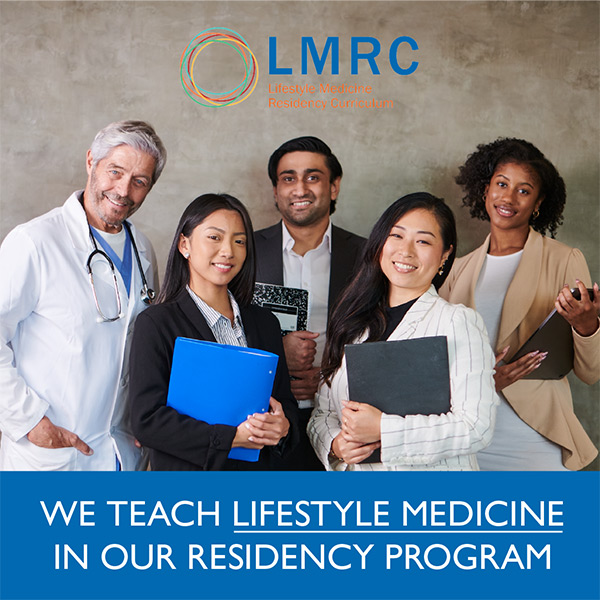
Point of Care Ultrasound (POCUS)
Several POCUS workshops are held throughout the year to educate residents on the correct use of ultrasound. POCUS is utilized in our clinics to provide opportunities to learn normal and abnormal anatomy and to understand the indications for POCUS-guided procedures.
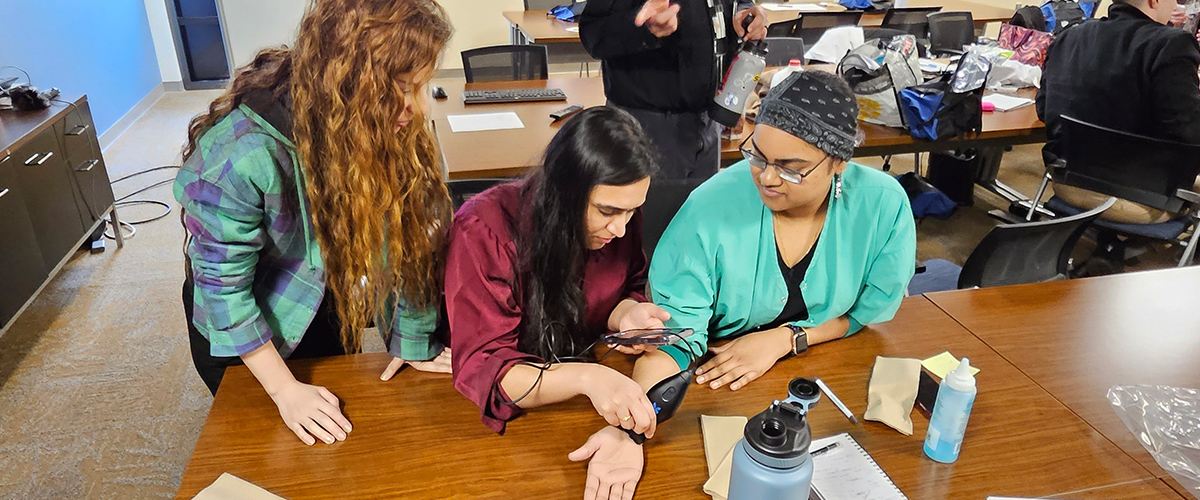
Interprofessional Immersive Simulation Center (IISC)
The IISC was developed with a primary focus on enhancing patient safety and elevating the quality of care, primarily to positively impact patient safety and improve the quality of care by training UToledo and Northwest Ohio health care professionals. The IISC offers a variety of services including hands-on clinical simulations, simulated clinical settings, virtual immersive environments, and medical visualization. The IISC also serves as a hub for innovation and the fostering of industry partnerships to create and develop new products, processes and procedures in the healthcare domain.
Affiliation with ProMedica Health System
The University of Toledo and ProMedica Health Systems have signed a new academic affiliation agreement that will bring $30 million annually for the University of Toledo College of Medicine and Life Sciences through June 2033. This new agreement replaces the previous agreement that was initially created in 2015.
The new academic agreement also specifies the number of UToledo residents (and in which specialties) will train at ProMedica facilities — the Toledo Hospital, the ProMedica Ebeid Center, or other ProMedica facilities in the area. Initially, there will be 250 residents and fellows as well as another 250 medical students at ProMedica facilities. In a couple of years that number will drop to 200 with the additional 50 going back to UTMC.
This agreement helps solidify our relationship with ProMedica and re-affirms both of our organizations' commitment to offering high quality medical education.
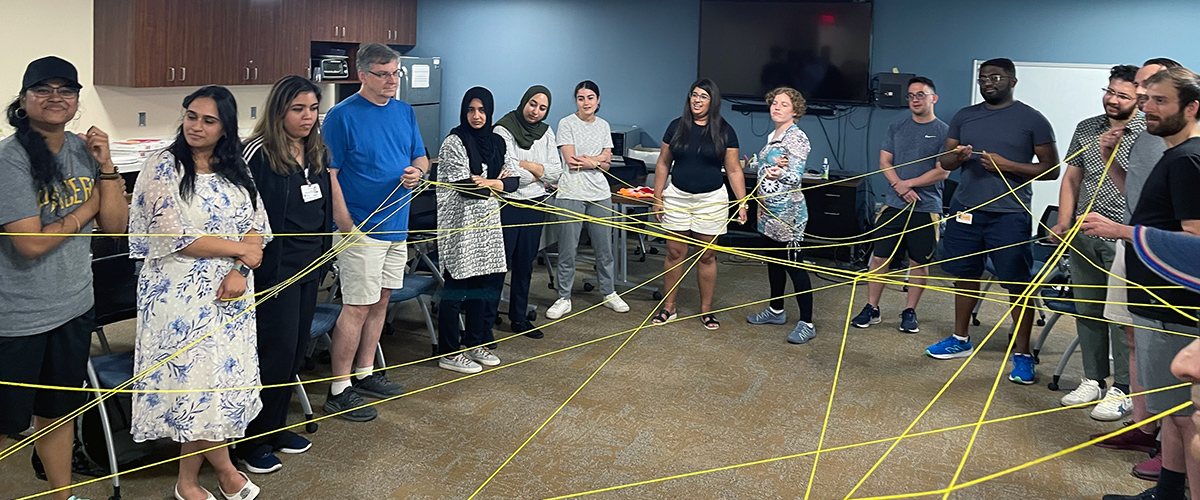
Resident Wellness/Resiliency
The ACGME's program requirements emphasize that "psychological, emotional, and physical well-being are critical in the development of the competent, caring, and resilient physician." Our program is committed to addressing physician well-being as it relates to the learning and working environment. Our faculty psychologist, who is also the Director of Behavioral Health, meets regularly with the residents for presentations and/or activities that are directly related to wellness and resiliency.
CommunityCare Clinic (CCC)
The CCC is an interdisciplinary, student-run organization established to deliver quality healthcare to the underserved population in the Toledo community.
The CCC facilitates a unique experience that places students from different health science disciplines in a dynamic, collaborative, clinical setting. Triage and patient interviews are performed by teams of community nurse volunteers and nursing, pharmacy, physician assistant, and medical students to ensure thorough and comprehensive care. Students confer with a physician preceptor, who makes all decisions regarding patient care.
With the support of local physicians and generous donations from the community, the CCC is able to offer services and most medications at low to no cost. Of note, it is a requirement that FM residents volunteer at the CCC at least four times a year.
Photos
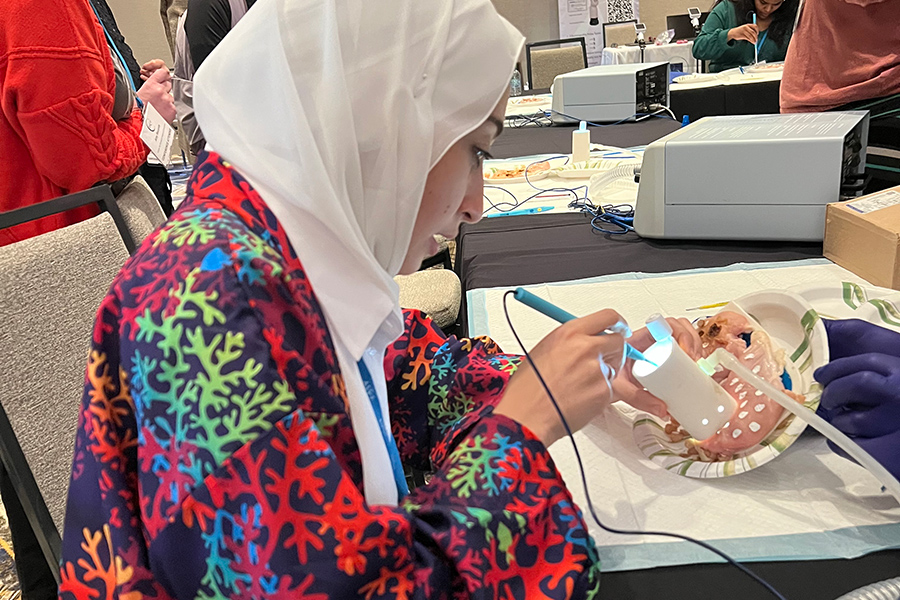
Procedure training
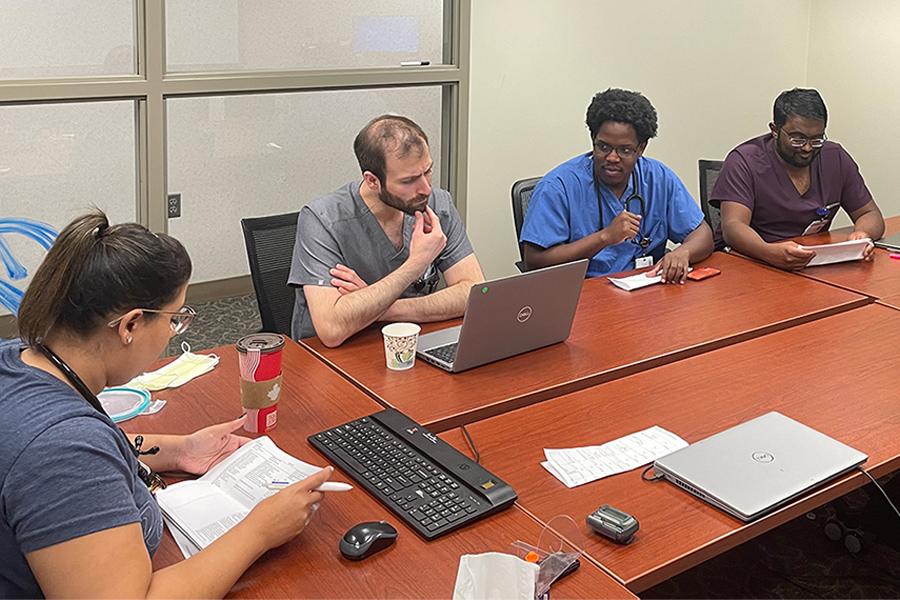
Hard at work
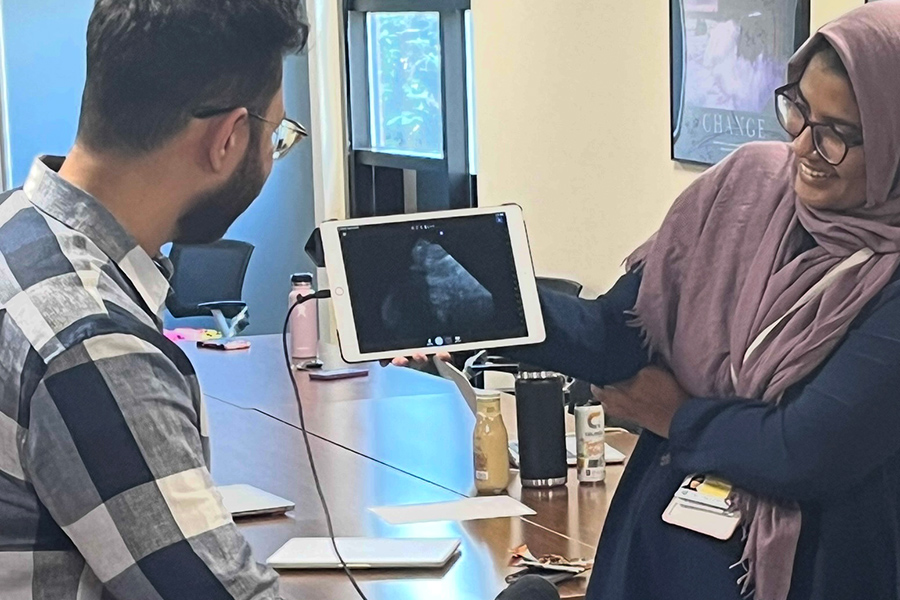
Ultrasound training
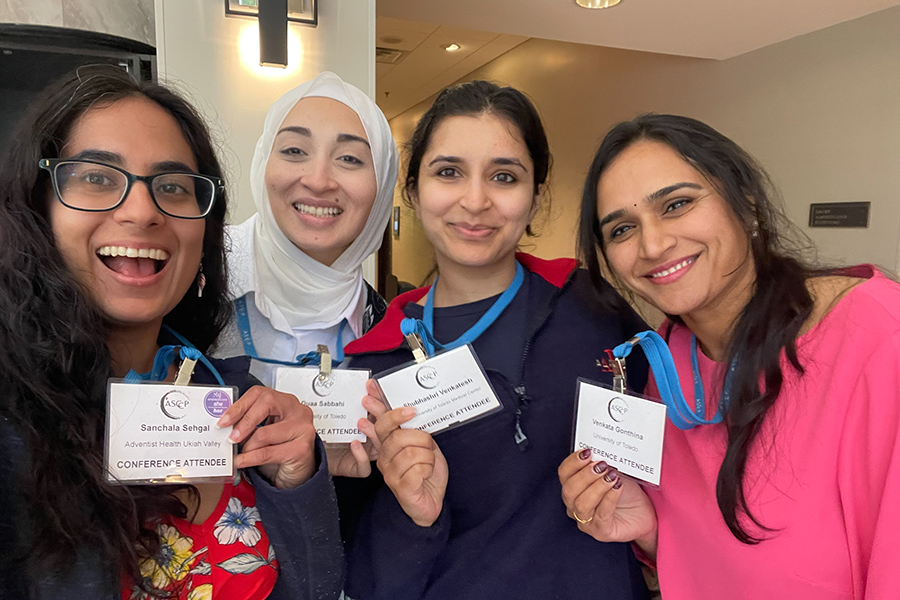
Conferencea attendees
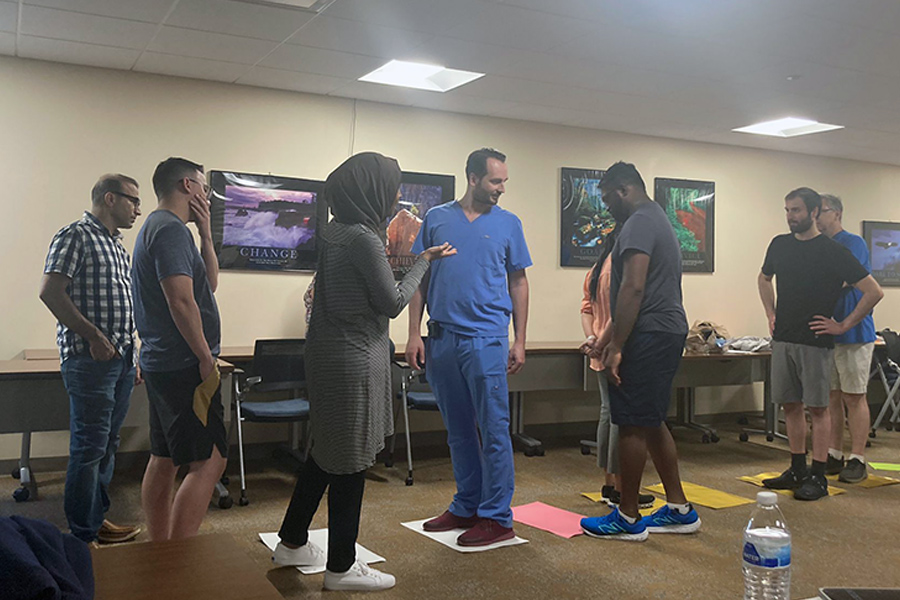
Team building
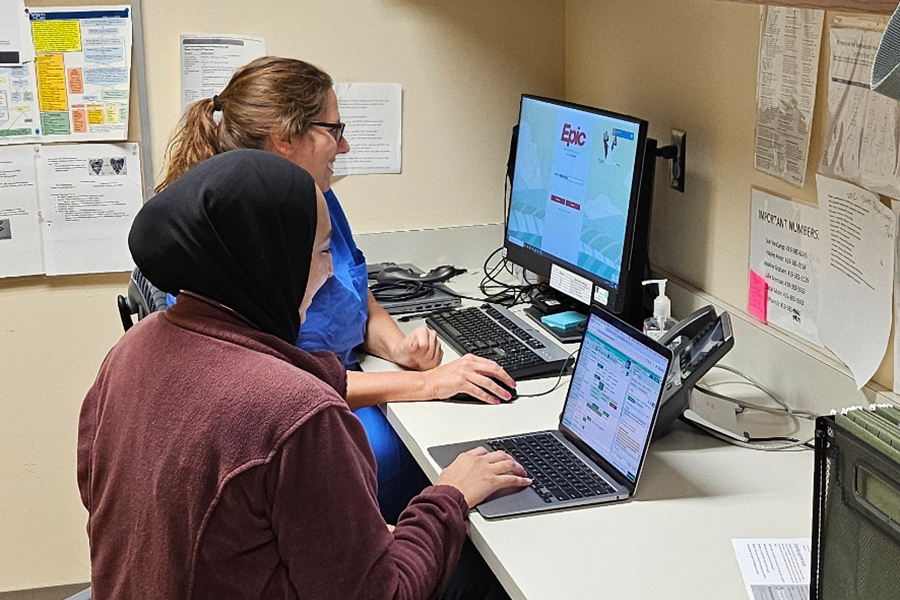
Precepting with the attending
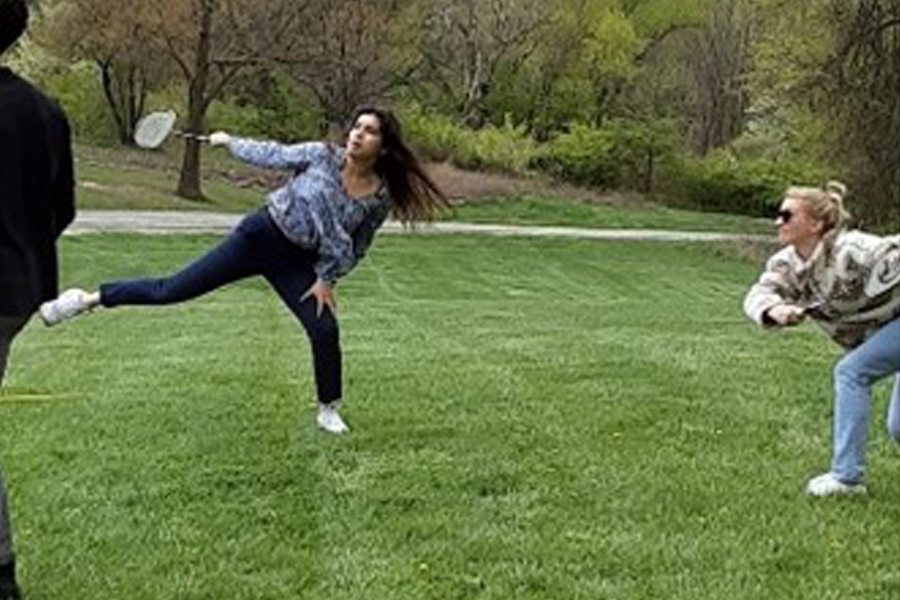
Team building
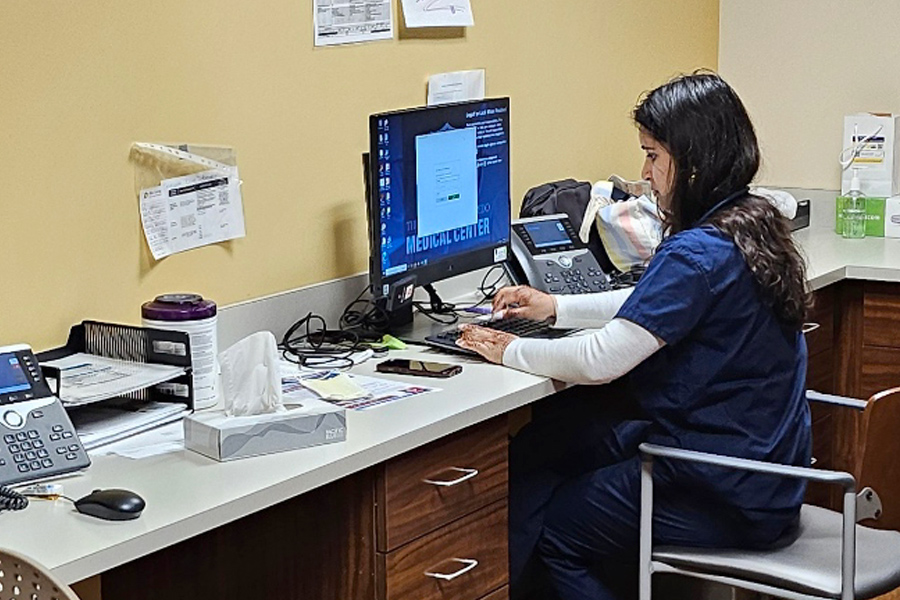
Physician workroom
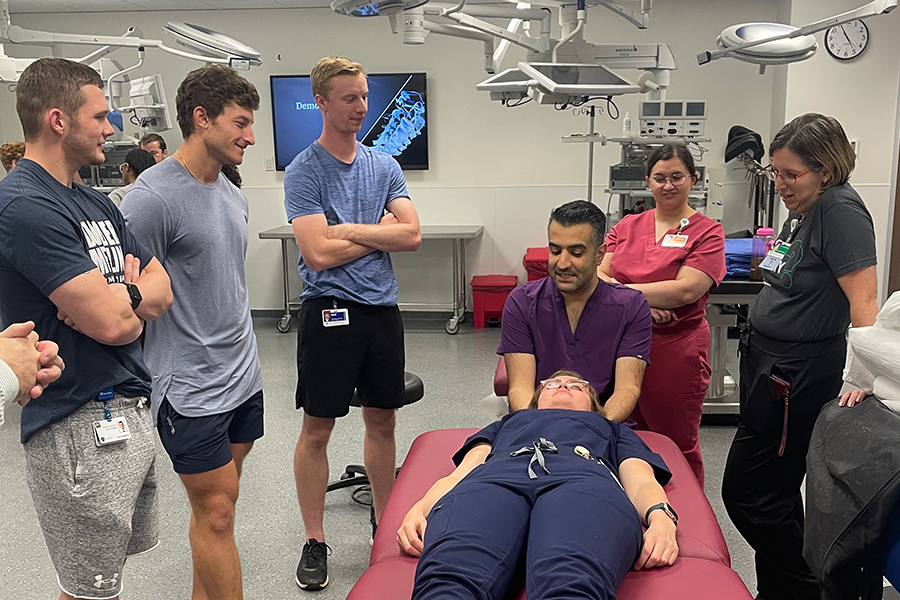
Osteopathic Manipulative Treatment (OMT) training
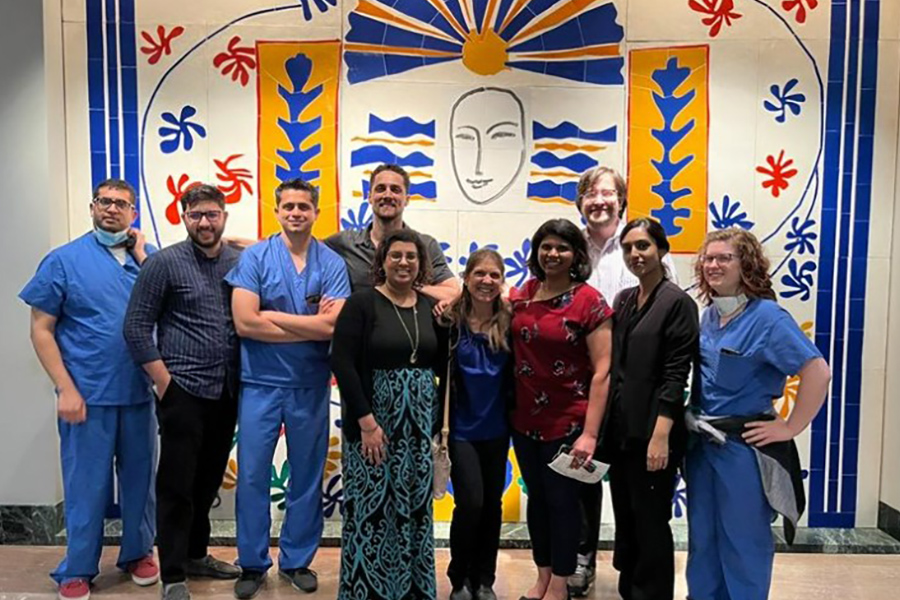
Trip to the Toledo Museum of Art
Residency Home About the Program How to Apply Curriculum Faculty
Current Residents Graduated Residents Clinical Rotation Sites FAQs


